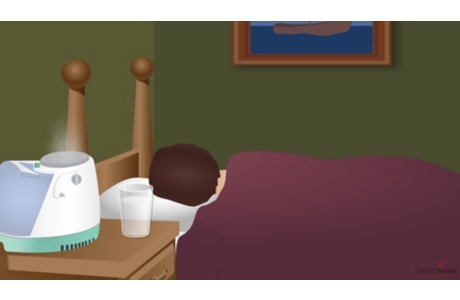Difference Between the Flu and a Cold
Overview
The flu and the common cold are both types of upper respiratory infections (URIs). Both are caused by viruses. But the flu is not the same as the common cold.
Flu symptoms
Flu symptoms are usually much worse than a cold. The flu usually comes on suddenly and lasts longer.
Symptoms may include:
- Fever.
- Cough.
- Shaking chills.
- Body aches.
- Headache.
- Feeling very tired.
Symptoms are usually worse for the first few days. But it can take up to a few weeks to get completely better. The flu usually doesn't cause vomiting or diarrhea in adults.
The flu usually occurs during the late fall and winter.
Cold symptoms
Cold symptoms usually come on over the course of a couple of days.
Symptoms may include:
- Runny nose and sneezing.
- Red eyes.
- Sore throat and cough.
- Headache.
- Body aches.
Colds usually last 1 to 2 weeks. As the cold gets worse, your nose may get stuffy with thicker mucus.
You can catch a cold at any time of year, but they are more common in late winter and early spring.
Credits
Current as of: April 30, 2024
Current as of: April 30, 2024



